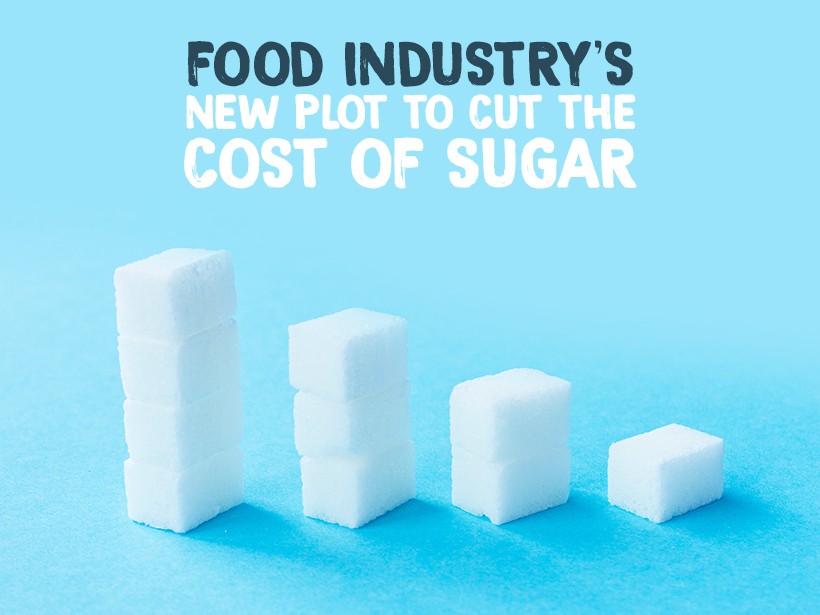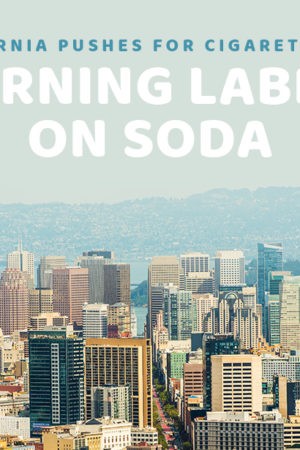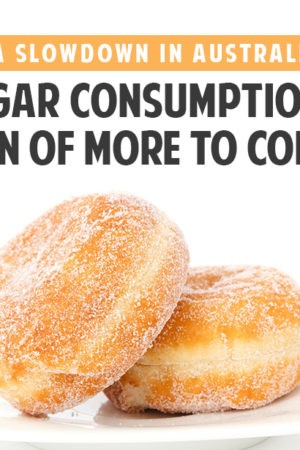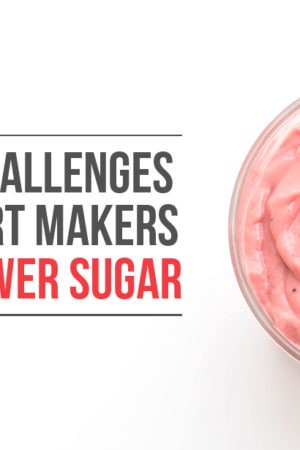A war is on between sugar farmers and their corporate buyers in the food and beverage industries. The U.S. food industry is turning against its sugar suppliers and attempting to abolish the Depression-era subsidies, price supports, and import tariffs meant to encourage domestic production. Proponents of the new push towards deregulation argue that these policies are outdated and unnecessarily prop up the price of American sugar.
The Sugar Policy Modernization Act
In an unlikely alliance, environmentalists, who see sugar cane farmers as a threat to air pollution levels and water resources, have teamed up with characters like the American Beverage Association and Hershey to push through the Sugar Policy Modernization Act. Kimberly Mitchell, of the Everglades Trust environmental group, told Bloomberg that the sugar lobby was responsible for repeatedly blocking conservation efforts and diverting water away from places that need it most.1 Cris Costello, organizing manager for the Sierra Club, called the sugar lobby “the most powerful political influence in the state of Florida.”2
The food industry reps, when they’re not piggybacking on the environmentalists’ claims to gain public support, argue that they are forced to charge more to customers because of the high prices they pay for sugar for their products. Indeed, U.S. sugar costs far more than the global price of sugar, and some estimates that the difference costs businesses and consumers between 2.4 and 4 billion dollars a year. In such a case, however, one is faced with the uncomfortable dilemma of having to take sides between two enormously powerful political blocs: the sugar lobby and the food and drink lobby.
The Perilous Prospect of Cheap Sugar
Opponents of the new bill (that is to say, sugar farmers and agricultural bankers with a stake in the industry) claim that such measures would lead to a total collapse of domestic sugar production and completely disrupt the process of food production and consumption.3
One need not believe these frightening claims, however, to recognize the dangerous potential of a flood of cheap sugar. Local efforts to tax sugary drinks and force companies to make healthier products have already been stymied by the same food and beverage industry lobby now trying to bring down the cost of production. The E.U. abolished similar price regulations, subsidies, and tariffs at the end of last year, despite similar concerns: cheap sugar means higher rates of consumption and an intensified obesity crisis. For once, it seems, health experts and anti-obesity activists have cause to side with the sugar industry, in its efforts to keep the price of its product from bottoming out.
NUTRITIONAL DISCLAIMER
The content on this website should not be taken as medical advice and you should ALWAYS consult with your doctor before starting any diet or exercise program. We provide nutritional data for our recipes as a courtesy to our readers. We use Total Keto Diet app software to calculate the nutrition and we remove fiber and sugar alcohols, like erythritol, from the total carbohydrate count to get to the net carb count, as they do not affect your blood glucose levels. You should independently calculate nutritional information on your own and not rely on our data. The website or content herein is not intended to cure, prevent, diagnose or treat any disease. This website shall not be liable for adverse reactions or any other outcome resulting from the use of recipes or recommendations on the Website or actions you take as a result. Any action you take is strictly at your own risk.
- California Pushes for Cigarette-Like Warning Labels on Soda - July 1, 2019
- Is a Slowdown in Australia's Sugar Consumption a Sign of More to Come? - June 24, 2019
- Groundbreaking Study Says the Sugar Rush Doesn't Exist - June 12, 2019































